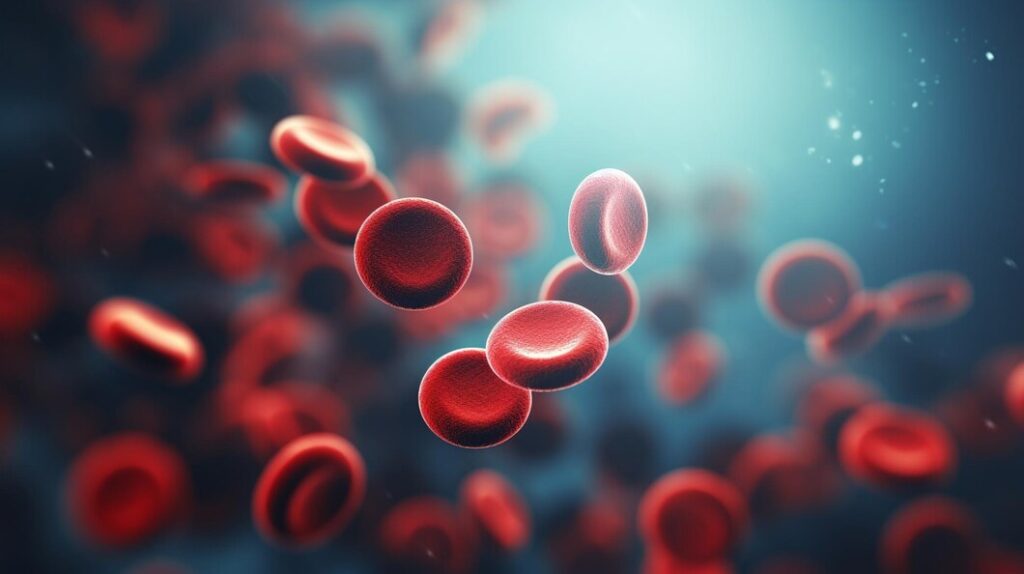Interferon Gamma;

Introduction:
Interferon gamma, a vital cytokine in the immune system’s arsenal, serves as a cornerstone in the body’s defense against pathogens and plays a pivotal role in regulating immune responses.
What is Interferon Gamma?
Interferon gamma, also known as IFN-γ, is a type II interferon primarily produced by activated T cells and natural killer cells in response to infections, tumors, and immune stimuli. It belongs to the interferon family of cytokines and plays a central role in innate and adaptive immunity.
What Does it Do?
IFN-γ exerts diverse effects on immune cells, enhancing their antimicrobial activities, regulating inflammation, and modulating immune responses. Its key functions include:
- Enhancing macrophage activation and phagocytosis
- Promoting T helper 1 (Th1) cell differentiation
- Inhibiting T helper 2 (Th2) cell responses
- Stimulating antigen presentation and cytotoxic T cell activity
How does Interferon Gamma works?
Upon binding to its receptor on target cells, IFN-γ triggers a cascade of signaling events, leading to the activation of transcription factors and induction of specific genes involved in immune responses. This results in the modulation of cellular functions, including increased expression of antimicrobial proteins, cytokines, and major histocompatibility complex (MHC) molecules.
Clinical Uses of Interferon Gamma:
IFN-γ has diverse clinical applications in the management of infectious diseases, autoimmune disorders, and certain malignancies. Some notable uses include:
- Treatment of chronic granulomatous disease (CGD)
- Management of hepatitis B and C infections
- Adjunct therapy for tuberculosis
- Immunotherapy for cancer, particularly melanoma and renal cell carcinoma
Role in Medical Therapies:
In addition to its direct therapeutic effects, IFN-γ serves as a key component in various medical therapies, including:
- Combination therapy with antiviral drugs for hepatitis
- Adjuvant therapy in tuberculosis treatment regimens
- Immunomodulatory agent in cancer immunotherapy protocols
Side Effects:
Despite its therapeutic benefits, IFN-γ therapy can be associated with certain side effects, including:
- Flu-like symptoms (fever, chills, fatigue)
- Hematological abnormalities (anemia, leukopenia)
- Neuropsychiatric effects (depression, anxiety)
- Autoimmune reactions (thyroid dysfunction, autoimmune hepatitis)
Physiology:
IFN-γ plays a crucial role in maintaining immune homeostasis and orchestrating immune responses against pathogens and tumors. Its production and activity are tightly regulated by various factors, including cytokines, cellular interactions, and environmental stimuli. Dysregulation of IFN-γ signaling can contribute to immunodeficiency, autoimmune diseases, and susceptibility to infections.
Summary:
In summary, interferon gamma stands as a potent regulator of immune responses, with diverse functions that impact both innate and adaptive immunity. Its clinical applications span a wide range of medical conditions, from infectious diseases to cancer. While IFN-γ therapy can yield significant therapeutic benefits, careful consideration of its side effects and physiological effects is essential for optimizing its clinical use. As research continues to unravel the complexities of interferon gamma biology, new insights into its roles in health and disease will undoubtedly pave the way for innovative therapeutic strategies and personalized medicine approaches.
Read more:

